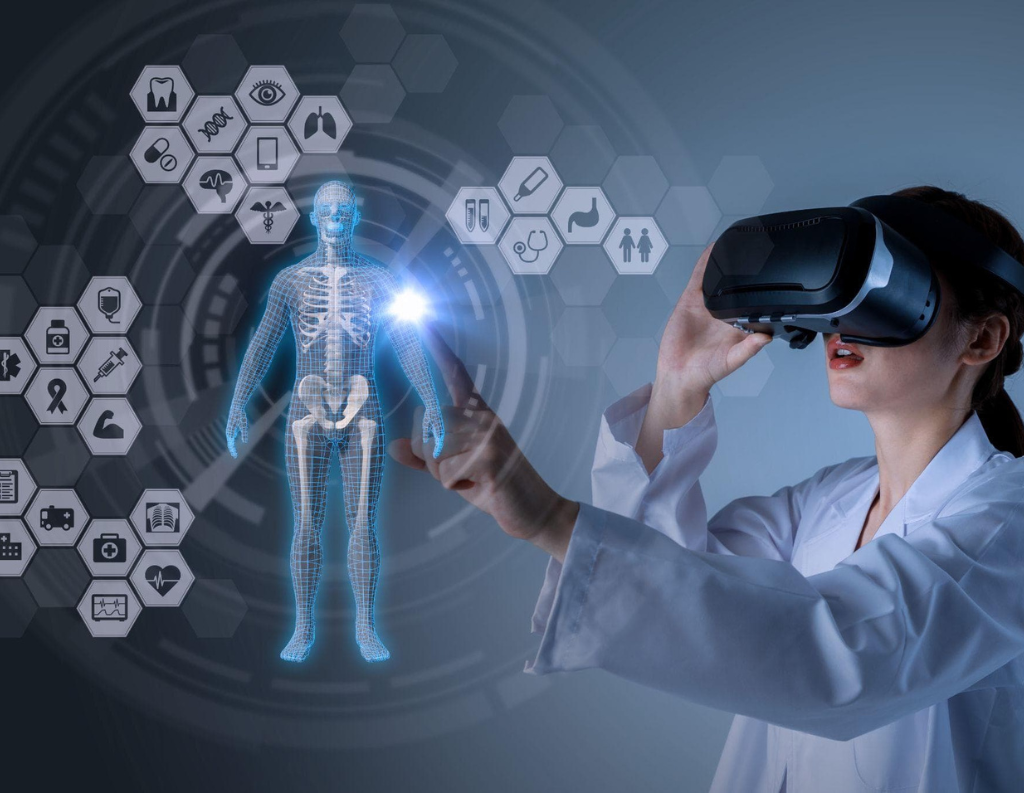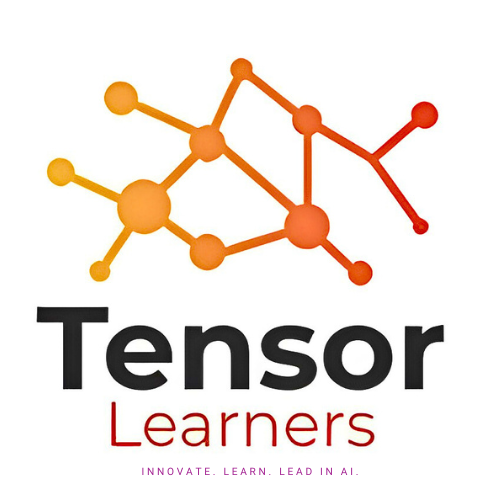
Predicting Patient Readmissions with Machine Learning
Client
A large urban hospital facing high rates of patient readmissions, leading to increased costs and strain on resources.
Challenge
The client struggled with high readmission rates for chronic conditions, lacked tools to identify at-risk patients pre-discharge, faced inefficient post-discharge resource allocation, and had difficulty managing and analyzing data from electronic health records.
We developed a Machine Learning-based predictive analytics platform to address these challenges
Data Integration & Preprocessing
Consolidated data from EHRs, including patient demographics, medical history, lab results, and treatment plans. Cleaned and normalized the data to handle missing values, inconsistencies, and outliers.
Model Development
Trained a Gradient Boosting Machine (GBM) model to predict the likelihood of 30-day readmissions. Used SHAP (SHapley Additive exPlanations) to interpret model predictions and identify key risk factors. Implemented a time-series LSTM model to analyze sequential patient data (e.g., lab results over time).

Feature Engineering
Extracted relevant features such as comorbidities, medication adherence, and previous hospital visits. Created temporal features to capture trends in patient health over time.
Real-Time Risk Scoring
Deployed the model in the hospital’s EHR system to provide real-time risk scores for each patient. Integrated alerts for healthcare providers to flag high-risk patients before discharge.
Results
Dr. Emily Carter,
Chief Medical Officer at Aristo Multispeciality HospitalThe machine learning solution developed by TensorLearners has been a game-changer for our hospital. The predictive model has not only reduced readmissions but also improved the quality of care we provide. It’s a perfect example of how technology can transform healthcare.
